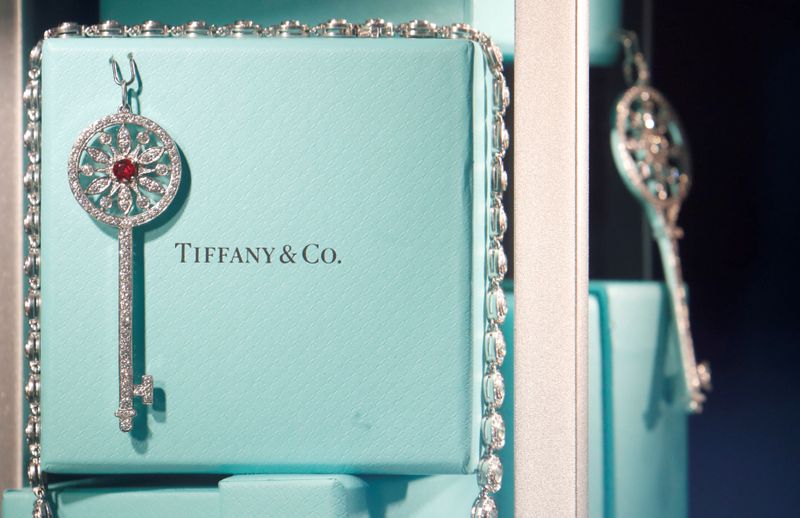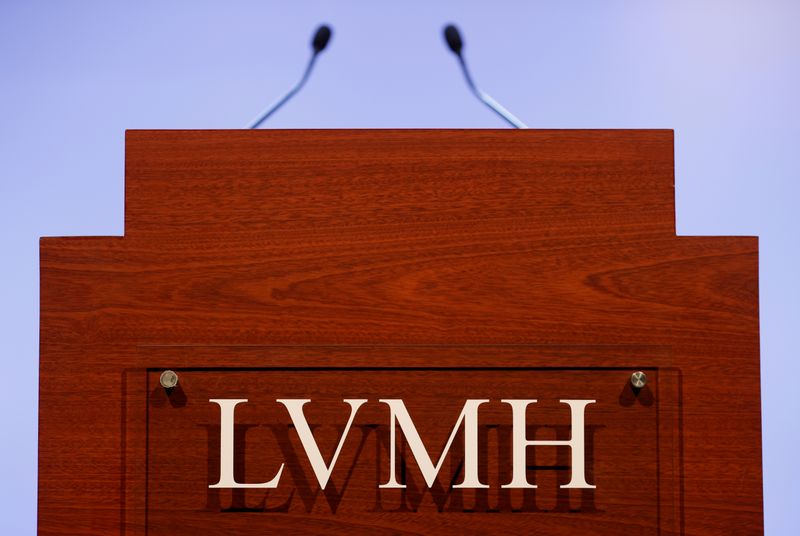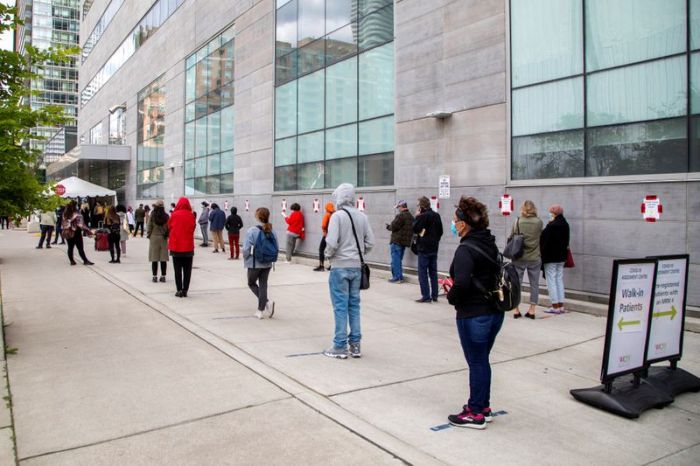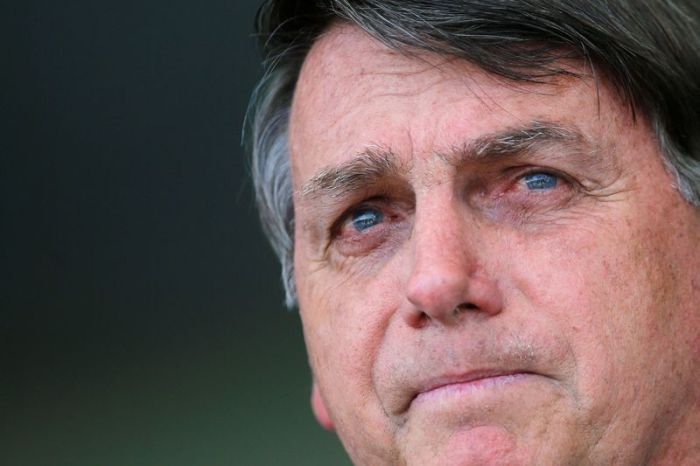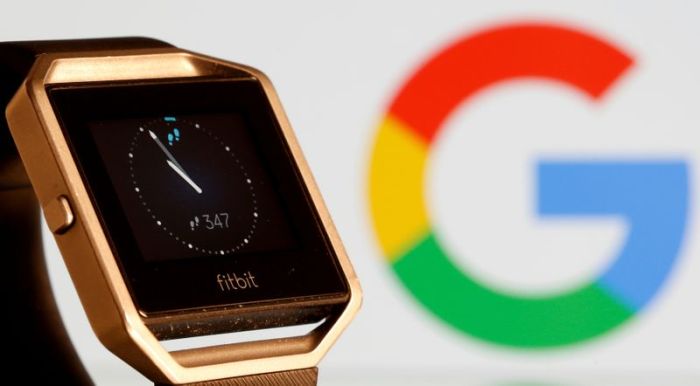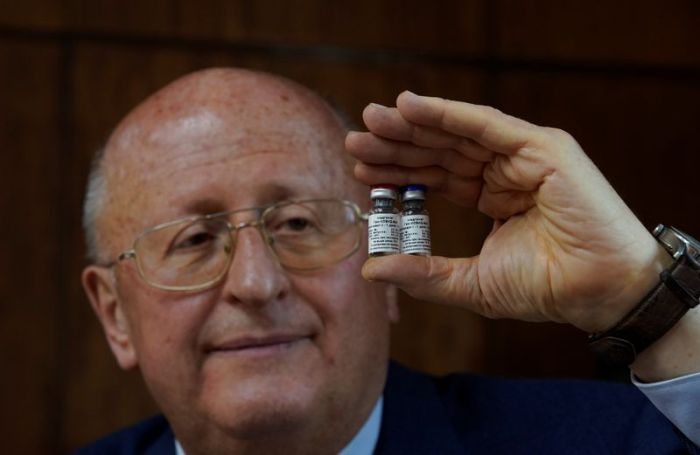PARIS/NEW YORK (Reuters) – A war of words between LVMH and Tiffany escalated on Tuesday with the French group describing Tiffany’s prospects as “dismal” and the U.S. jeweller accusing LVMH of improperly trying to renegotiate a takeover deal.
The Louis Vuitton owner’s $16 billion purchase of Tiffany <TIF.N> came close to collapse this month after LVMH <LVMH.PA> said it could not complete the deal by a Nov. 24 deadline, triggering a legal battle.
LVMH cited an official foreign ministry request to delay closing the deal to January, following trade tensions with the United States and worsening business conditions at Tiffany because of the coronavirus emergency.
Tiffany, in turn, sued LVMH in a Delaware court, accusing it of deliberately stalling completion of the deal, which was agreed last year before the pandemic emerged. It is seeking a court order to force LVMH to honour the original deal and a four-day trial is scheduled to begin on Jan. 5.
On Monday, LVMH filed its countersuit, detailing its accusation that Tiffany was mismanaged during the pandemic.
It described the U.S. jeweller’s prospects as “dismal” and said its decision to cut marketing expenses, take on additional debt and pay regular dividends despite the crisis meant it was a different company from the one LVMH had agreed to buy.
“The business LVMH proposed to acquire in November 2019 -Tiffany & Co, a consistently highly-profitable luxury retail brand, no longer exists,” LVMH said in the document.
LVMH’s argument is that the pandemic provides a “material adverse effect” allowing it to walk away from the contract.
It also said Tiffany stands to profit “far more” if the deal proceeds than as a standalone company. Tiffany’s top five executives are in line to receive at least $100 million in total compensation if the deal moves forward, LVMH said.
GOVERNMENT LETTER
Tiffany replied on Tuesday that it had acted in the best interest of its shareholders and that it only experienced a single quarter of losses before returning to profitability.
“LVMH’s specious arguments are yet another blatant attempt to evade its contractual obligation to pay the agreed-upon price for Tiffany,” Tiffany’s Chairman Roger Farah said in a statement.
LVMH also reiterated its view that the letter by the French foreign minister asking it to delay closing the deal until Jan. 6 was a legally-binding request prohibiting it from completing the deal by Nov. 24 – the current contractual deadline. It has said it does not want to extend that deadline.
A source close to the matter, asking not to be named, has told Reuters the letter was not binding, an argument Tiffany has seized upon to accuse LVMH of using the document as a pretext to abandon the deal.
Despite the stinging attacks between the two sides, the Delaware judge said during a Sept. 21 hearing he hoped Tiffany and LVMH could have “productive discussions to avoid the need for litigation,” referring to a potential settlement.
Many analysts also think there is room to negotiate a deal at a lower price than the $135 per share LVMH agreed to pay in November, after raising its bid several times.
“We believe a settlement prior to the Jan. 5 court date could be possible as LVMH’s case may be difficult depending on the validity of the letter and the material adverse claim,” Cowen analyst Oliver Chen said.
He said that Tiffany’s shares price, which has fallen since the dispute began but at around $117 is still well above the pre-bid levels, “likely indicates a discount is possible.”
A spokesman for LVMH confirmed reports the group had received approval from antitrust regulators in Taiwan, the last competition hurdle aside from the European Union, which is expected to rule in October.
(Additional reporting by Uday Sampath in Bengaluru; writing by Silvia Aloisi; editing by Barbara Lewis)

